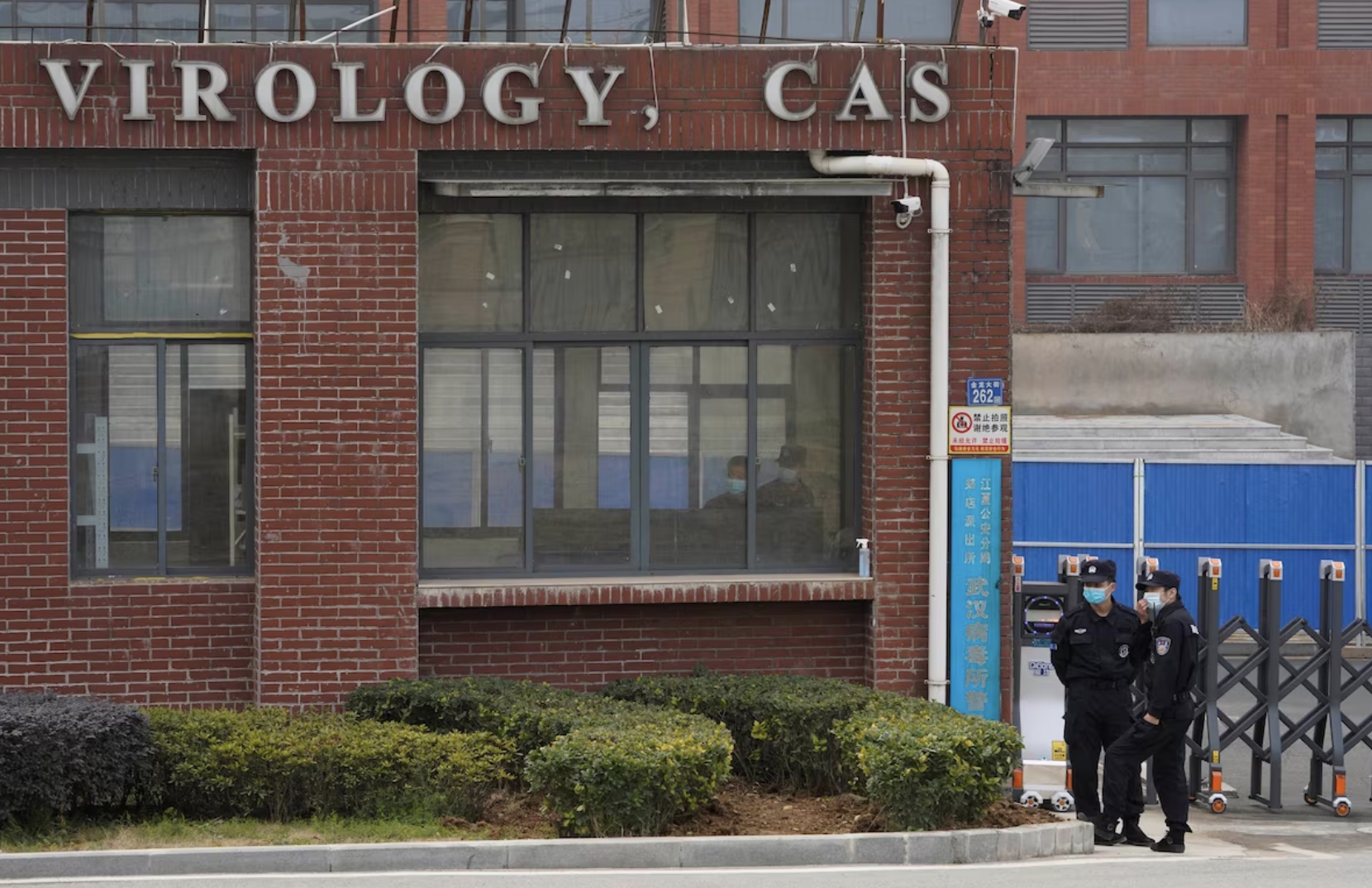In a rare show of bipartisanship near the third anniversary of the pandemic, the House voted unanimously Friday to declassify all U.S. intelligence information on the origins of the coronavirus.
The 419-0 vote in favor of the bill, which passed the Senate by unanimous consent last week,sends it to President Biden’s desk. If the bill is signed, thedeclassified information would have to be released within 90 days, although the language in the bill does not establish a mechanism for enforcement.
When asked Friday evening whether he would sign the measure, Biden told reporters outside the White House, “I haven’t made that decision yet.”
“This is strong on symbolic value,” said Rep. Jim Himes (Conn.), the top Democrat on the Intelligence Committee, adding that the measure does allow Biden “wide discretion” to withhold information to protect sources and keep methods secret.
The theory that the coronavirus, which causes covid-19, may have escaped from China’s Wuhan Institute of Virology has been one of the most heated sources of debate since early in the pandemic.
House Intelligence Committee Chairman Michael R. Turner (R-Ohio) said in a written statement that if the bill is signed into law, it “will give the American public a unique insight as to what was happening at a Bio Safety Level laboratory in Wuhan, China, in late 2019 and early 2020. This laboratory, and who was working there, might be the key to unraveling the truth.”
But the information Americans would see would not be the raw transcripts of intercepted phone calls, Himes said, but rather the finished intelligence reports.
“There are clearly thousands of pages of raw intelligence,” Himes said, but as far as the actual information that would be declassified, “I think we’re probably talking hundreds of pages.”
One Democrat, who spoke on the condition of anonymity to share private conversations, said that their side of the House voted for the bill because it doesn’t move the needle much beyond what Biden has already asked of the intelligence community. In May 2021, the president had asked intelligence agencies to probe the origins of the virus and deliver a report, which was submitted to the White House in August 2021.
A declassifiedsummary said that four intelligence agencies and the National Intelligence Council believed with low confidence that the coronavirus most likely came from natural spillover from an infected animal. One agency said with moderate confidence that the virus most likely came from a lab leak in Wuhan, while three other intelligence community agencies were “unable to coalesce around either explanation without additional information.”
Friday’s vote comes about two weeks after the Wall Street Journal reported that an updated report from the intelligence community revealed that the Energy Department now favors the lab leak scenario, although it does so with “low confidence.” Previously, the department had taken a neutral stance on the matter.
The updated intelligence community report remains classified, and the Energy Department did not respond to an email seeking comment.
Steven Aftergood, a secrecy specialist at the nonprofit Federation of American Scientists, said the crucial question is what previously unreported information might be revealed that would not be redacted to protect sources or methods.
He added that it’s possible the intelligence includes research papers from Chinese journals that may offer insight into work that was conducted at theWuhan Institute of Virology. There may also be some unclassified portions of classified reports that can be made public.
But Aftergood said that “if intelligence agencies had a solid conclusion,” on whether the virus originated in nature or from a lab leak, “we would likely know about it.”
Himes said there probably will be little practical effect from allowing the public to see the reports of a half-dozen U.S. agencies.
“There are agencies that believe with very low confidence that [covid-19] was a natural occurrence, and there are agencies that with very low confidence believe it was a lab leak,” he said.
“The bottom line here is that we simply don’t know the answer.”
